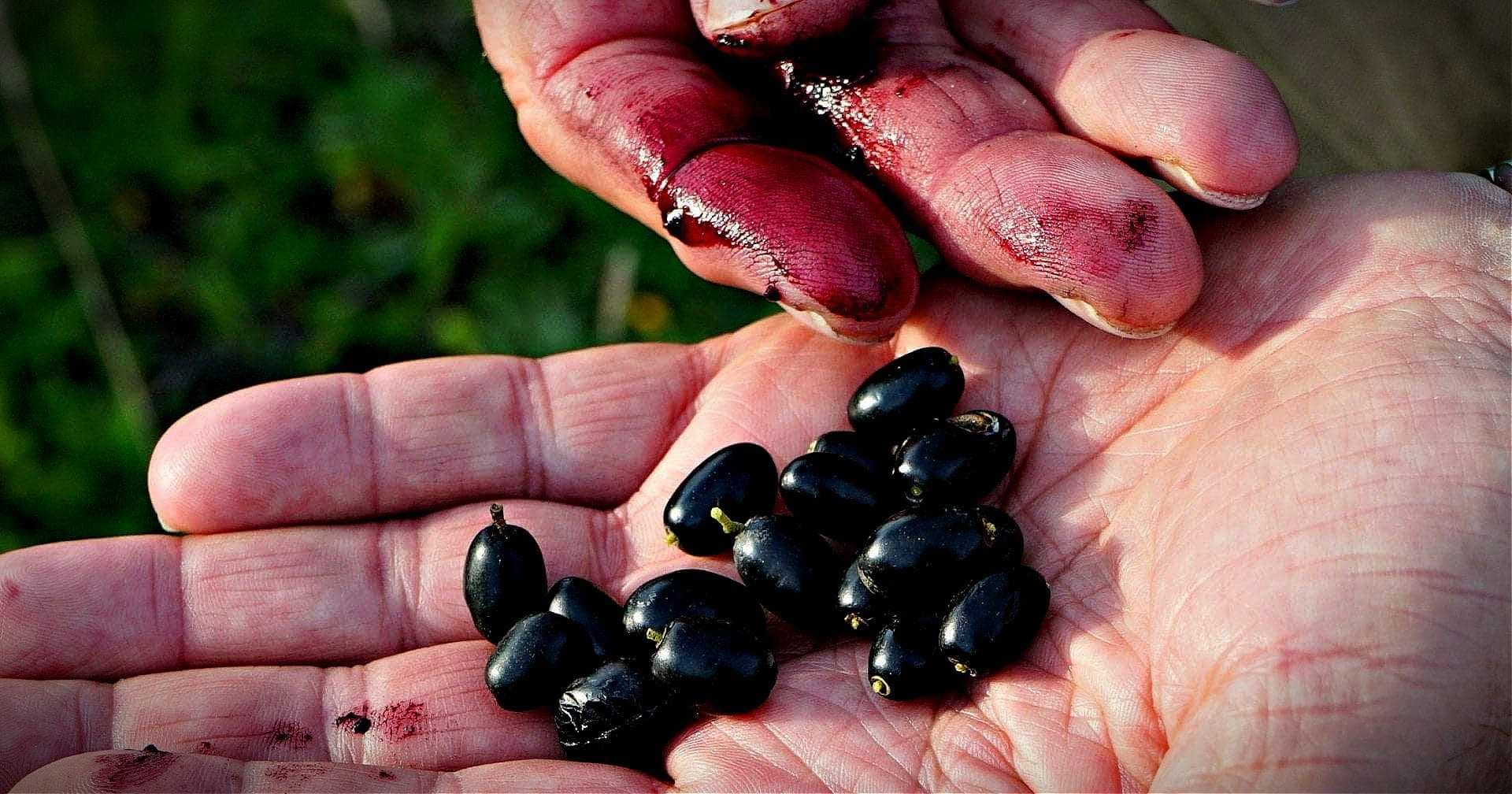Olive oil produced from a wild variety may have more beneficial impacts on lowering high blood pressure than oils produced from commercial varieties, according to new research from the University of Seville.
While multiple studies have shown that daily consumption of extra virgin olive oil can help keep blood pressure levels under control and even contribute to lowering high blood pressure, acebuchina oil has fared even better in reducing hypertension.
Preliminary studies have shown that acebuchina olive oil has a higher proportion of tocopherols (vitamin E) and sterols than extra virgin olive oil.
The study is one of the first pieces of research to investigate the effects of the olive oil made from harvesting acebuchina olives from wild trees that are found in several parts of Spain, covering an estimated nine million hectares in Andalusia alone.

Wild acebuchina olives (Pablo Esparza for Olive Oil Times)
For the past two decades, researchers have been looking for natural compounds and products that are able to affect the pathophysiological mechanisms involved in the development of arterial hypertension.
See Also:A Forgotten Treasure: Making Oil from Wild OlivesAccording to a press release published by the Spanish university, extra virgin olive oil has already shown mild effects in lowering blood pressure during tests conducted on mice. Now, these scientists have demonstrated that consumption of acebuchina olive oil can significantly lower rates of hypertension.
To assess the impact of the wild olive oil, the researchers focused on the variations in the morphology of the hypertensive retina, which is a condition that reduces the thickness of the organ. By consuming acebuchina olive oil, researchers found that the condition can be more efficiently counteracted than by consuming extra virgin olive oil.
In the study, which was published in the academic journal, Antioxidants, researchers list a long series of previous papers that show a wide variety of health benefits related to extra virgin olive oil consumption.
Still, they wrote, “reports on the beneficial effects of extra virgin olive oil consumption against ocular diseases are still scarce.” There is even less available research on the healthy properties of acebuchina olive oil, they added.
“Lower antigenic and allergenic capacities have been attributed to acebuchina olive oil in comparison with its cultivated counterpart, and preliminary studies have shown that acebuchina olive oil has a higher proportion of tocopherols (vitamin E) and sterols than extra virgin olive oil,” the researchers wrote.
In the press release, the scientists explain how the need to better understand the healthy properties of acebuchina olive oil derives from its possible impact on oxidative stress in widespread conditions such as age-related macular degeneration, glaucoma, retinitis pigmentosa and several types of retinopathies.
According to the University of Seville, hypertension affects between 30 and 45 percent of the general population, and may also impact different organs. The condition constitutes a significant risk factor for developing cardiovascular, kidney, brain and ophthalmological diseases.








